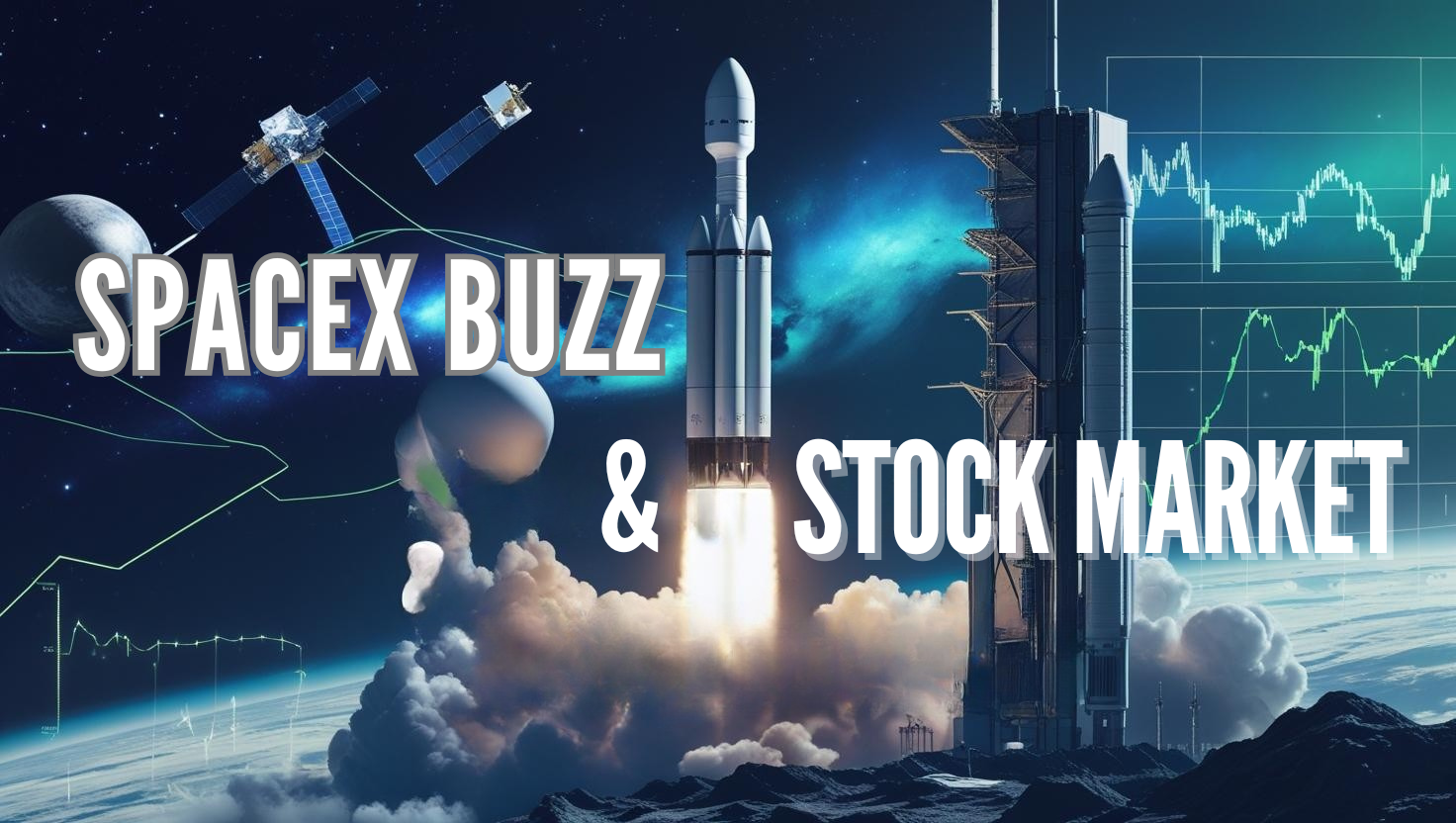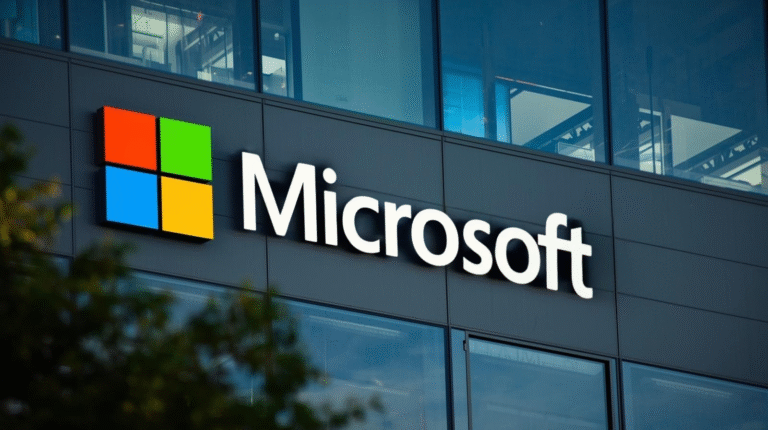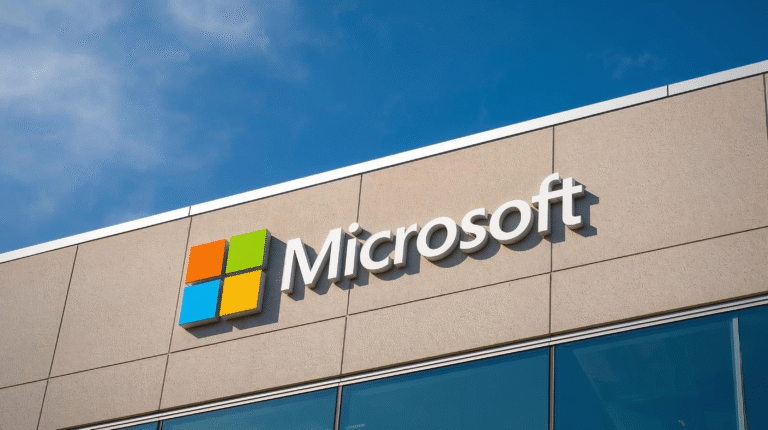

Exploring SpaceX, the Space Race, and Wall Street’s Fascination
In 2025, SpaceX will remain one of the most talked-about private companies in the world. From launching reusable rockets to expanding its Starlink satellite internet, Elon Musk’s aerospace venture has captured not only the imagination of scientists and governments but also the attention of Wall Street investors.
https://www.usstocktips.com/us-stock-market-today-nasdaq-retail-fed-outlook/There’s just one catch: they aren’t publicly traded. That means investors cannot buy SpaceX stock directly on the Nasdaq or NYSE. Yet, despite being private, its influence on public markets is undeniable. Every successful launch, Starlink expansion, or NASA contract sparks a wave of speculation in related sectors.
So, which public companies and ETFs can actually benefit from the SpaceX buzz? Let’s explore the landscape of stocks that could profit from this space tech hype.
Why SpaceX Matters for the Stock Market
Before we dive into specific stocks, it’s important to understand why SpaceX has such a strong effect on listed companies:
Leadership in Reusable Rockets – It has slashed the cost of space travel with its reusable Falcon rockets, setting new industry standards. Competitors are racing to catch up.
Starlink Expansion – With over 6,000 satellites already in orbit, Starlink aims to bring internet access to remote parts of the globe. This has ripple effects in the telecom and satellite industries.
Government & Defense Contracts – They works with NASA, the Pentagon, and international agencies, creating pressure on listed aerospace firms like Boeing and Lockheed Martin.
Investor Psychology – Even without being public, SpaceX drives “halo effects” where investors pour money into related sectors.
Public Stocks That Could Benefit from SpaceX Hype
1. Alphabet (GOOGLE)
Alphabet, the company behind Google, stands out as one of the rare major investors in SpaceX. Back in 2015, Alphabet and Fidelity invested about $1 billion in the company. While SpaceX remains private, Alphabet’s stake gives its shareholders indirect exposure to SpaceX’s growth, especially Starlink.
For investors looking for a safe, tech-focused bet with ties to space innovation, Alphabet is a strong candidate.
2. Tesla (TSLA)
Tesla isn’t directly tied to SpaceX, but Elon Musk’s leadership creates a halo effect. When SpaceX makes headlines, Tesla often rides the momentum.
Additionally, Tesla’s innovations in battery technology frequently align with Musk’s goals in the aerospace sector. Many investors see Tesla as part of Musk’s larger innovation empire.
3. Boeing (BA)
Boeing has been a traditional powerhouse in aerospace and defense. Though it has faced setbacks with its Starliner program, Boeing continues to be a critical NASA partner. Every time SpaceX pushes boundaries, Boeing is either seen as a competitor or a potential beneficiary of rising government space budgets.
Boeing stock often benefits from increased attention to space exploration, particularly when government spending rises.
4. Lockheed Martin (LMT)
Lockheed Martin is a key player in the aerospace industry, working closely with NASA while also holding a strong lineup of defense contracts. Its joint venture, United Launch Alliance (ULA), competes directly with SpaceX for U.S. government contracts.
While SpaceX dominates the headlines, Lockheed Martin remains a steady performer with a diversified defense portfolio. For conservative investors seeking exposure to the space race, LMT provides stability.
5. Northrop Grumman (NOC)
Northrop Grumman stands out as a leading force in the defense and space sectors. The company has been involved in building rockets, satellites, and even components for NASA missions.
As space becomes more commercialized, Northrop’s experience positions it well to capture opportunities in satellite manufacturing and space defense.
6. Iridium Communications (IRDM)
If you’re looking for a small-cap stock that always seems to be influenced by SpaceX, check out Iridium Communications. SpaceX has been launching Iridium’s satellites into orbit for years, and the two companies maintain a close operational relationship.
With Starlink’s rise, some investors fear Iridium could face competition. But many analysts see it as a complementary player in the satellite communication ecosystem.
7. Maxar Technologies (MAXR)
Maxar specializes in satellite imagery and geospatial intelligence. Governments and private companies rely on Maxar’s satellites for Earth observation.
As more rockets go up, demand for satellites and imaging services increases. SpaceX indirectly fuels Maxar’s business, making it a stock to watch in the space hype cycle.
8. Aerojet Rocketdyne (acquired by LMT)
Though now part of Lockheed Martin, Aerojet Rocketdyne deserves a mention for its history in rocket propulsion. Its technology underpins much of the U.S. space program.
Investors looking at Lockheed’s stock should consider Aerojet’s role in keeping it competitive with SpaceX.
Space-Focused ETFs for Broader Exposure
For investors who prefer diversification, several ETFs focus on the space industry:
- ARK Space Exploration ETF (ARKX) – Backed by Cathie Wood, ARKX includes exposure to companies tied to space exploration and related tech.
- Procure Space ETF (UFO) – A pure-play space ETF, holding stocks in satellite communications, launch services, and defense contractors.
- iShares U.S. Aerospace & Defense ETF (ITA) – A broader aerospace and defense ETF, with exposure to Boeing, Lockheed, and Northrop.
These ETFs allow investors to ride the SpaceX-driven hype without betting on a single stock.
How Investor Sentiment Reacts to SpaceX Buzz
Stock market movements are not always about fundamentals. Sometimes, sentiment drives prices. SpaceX launches, Starlink announcements, or even Elon Musk’s tweets can trigger:
- Short-term rallies in aerospace and satellite stocks.
- Increased volume in ETFs like ARKX or UFO.
- Spillover effects into unrelated Musk ventures like Tesla.
Traders now have the opportunity to take advantage of short-term momentum strategies. For long-term investors, it highlights sectors worth holding for the next decade.
The Future: Will Starlink Go Public?
The biggest question on every investor’s mind: Will Starlink IPO?
Elon Musk has suggested on several occasions that Starlink may be launched as a publicly traded company once its cash flow becomes more stable. If that happens, it could become one of the biggest IPOs of the decade, giving investors a direct way to tap into SpaceX’s growth story.
Until then, indirect investing remains the only option.
Final Thoughts: Riding the Space Wave Without Owning SpaceX
SpaceX operates as a private entity, yet its influence on public markets is significant. The effect is evident in various ways, from Alphabet’s investment to Lockheed’s competitive stance, and from partnerships with Iridium to the exposure provided by ARKX’s ETF. These developments are certainly reverberating through Wall Street.
For U.S. investors seeking opportunities, the key is to look beyond the rockets. The winners of the space race might not be SpaceX alone, but the ecosystem of public companies and ETFs that thrive alongside it.
Investor Tip: Keep a close eye on Starlink’s IPO prospects, satellite communication demand, and aerospace budgets. These trends will shape the next decade of investing in space.







2 thoughts on “SpaceX Buzz & Stock Market: Which Public Stocks Could Profit from Space Tech Hype?”